fact
.svg)
Misconceptions: Truth, Lies and the Unexpected on the Journey to Motherhood
Child-rearing manuals cropped up with a vengeance in the latter half of the twentieth century after Dr. Benjamin Spock produced Baby and Child Care—the all-time best-selling book in American history, second only to the Bible, despite advice such as “

Evictions
When Malcolm Lowry’s shack on the beach at Dollarton, B.C., burned to the ground in 1944, he and his wife Marjorie were able to save the manuscript of only one of the novels that he was working on at the time. A few months later the same manuscript had to be rescued again when the house that friends found for them in Oakville, Ontario, also burned to the ground.

Re-hanging the National Wallpaper
When I lived in Ottawa in the 1970s, I used to enjoy passing lazy afternoons at the National Gallery looking at the pictures. I remember how surprised I was when I first encountered the Group of Seven collection. These paintings were completely familiar—I’d seen them in schoolbooks and on calendars, posters, t-shirts, everywhere—yet at the same time they were completely unexpected.

Seize the Fire: Heroism, Duty, and the Battle of Trafalgar
October 21, 2005, marked the 200th anniversary of the great naval battle of Trafalgar, an engagement in which Admiral Nelson and the British fleet ended Napoleon’s dream of invading England by crushing the French and Spanish fleets off the southwest
.svg)
“Come Play on my Island”
I can’t blame youfor claiming this place as your ownpersonal theme park. For you,there is only summer when every curvein the road brings a new photograph—red cliffs climbing out of the sea, field upon fieldof white blossoms, a wharf where boatschristened The Maggie-Mae and Aurora Dawndepart for the fishing grounds.









.svg)



















.jpeg)
























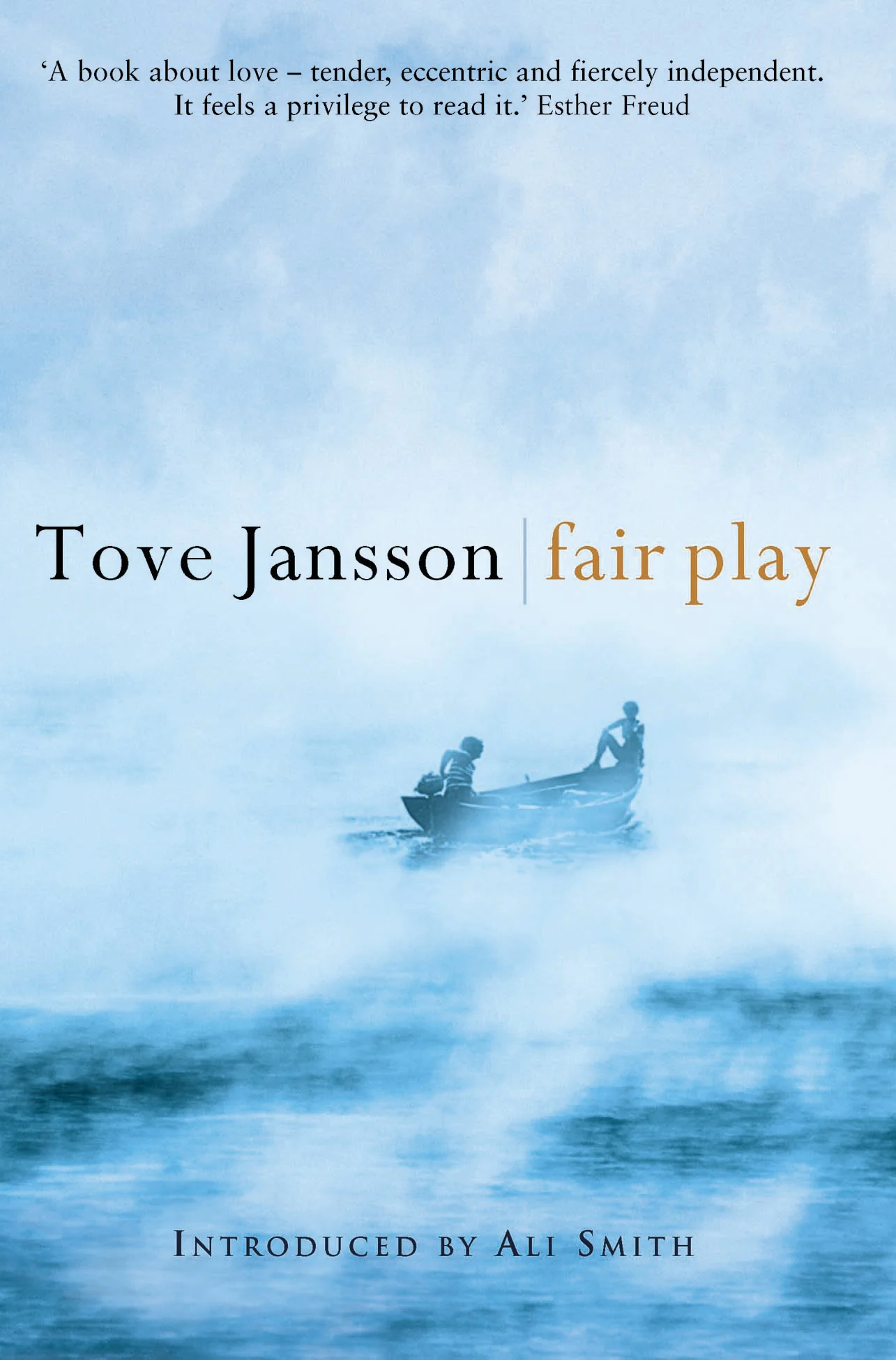
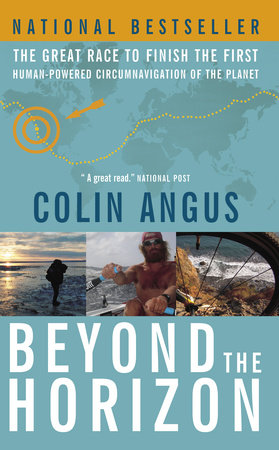

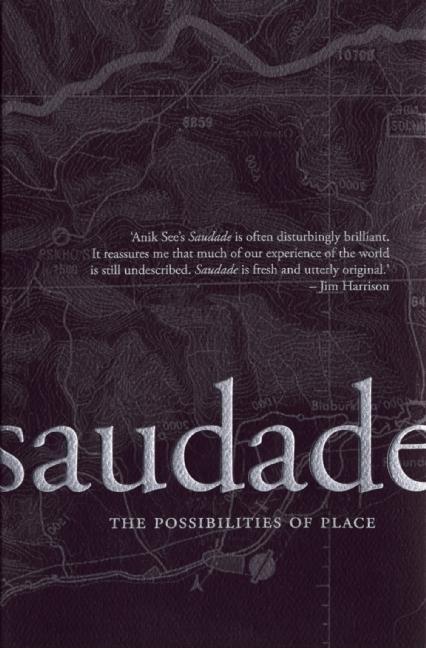
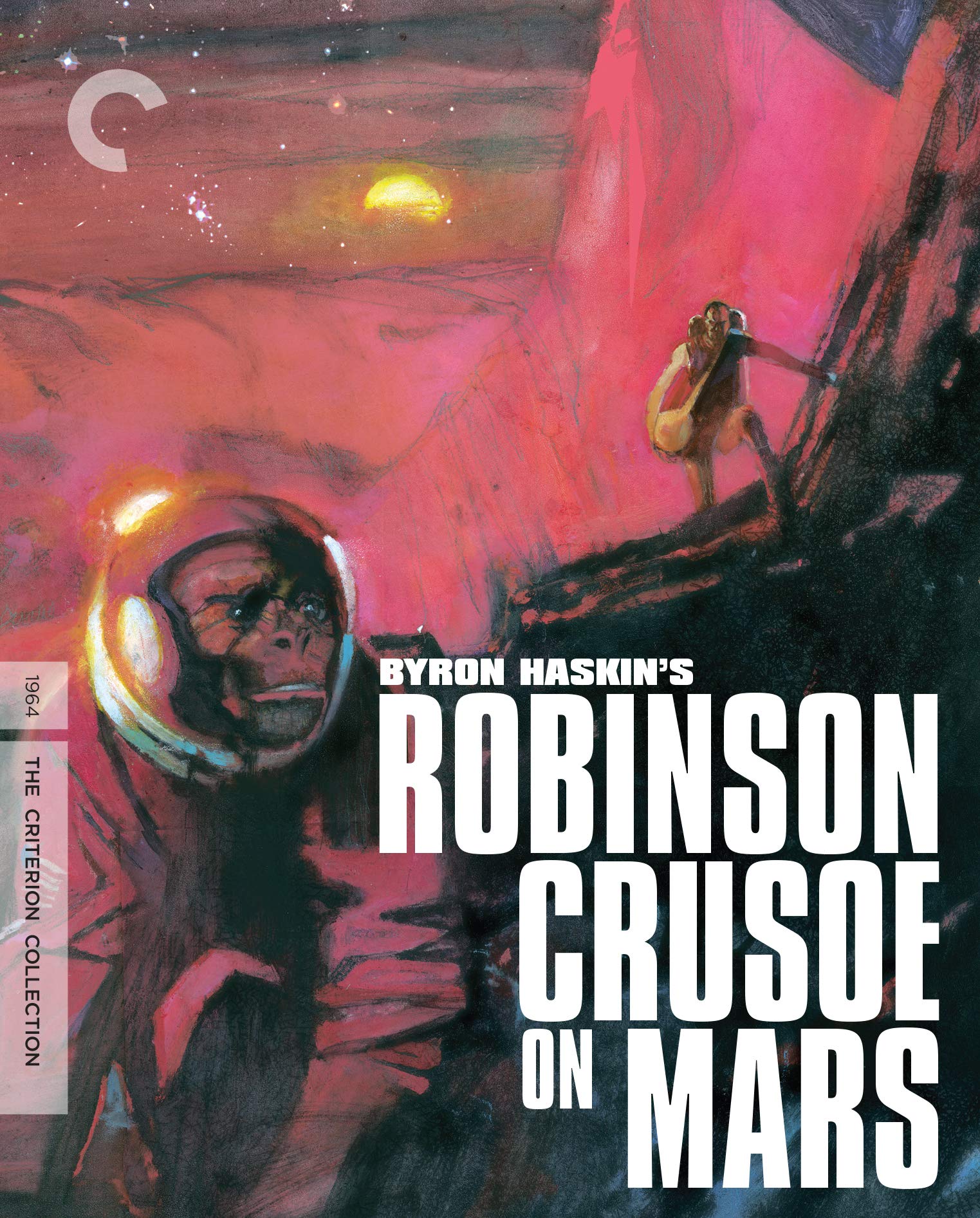

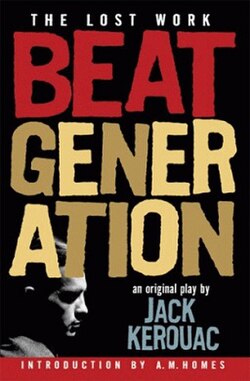



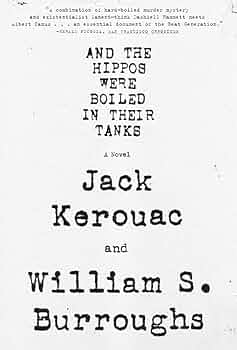

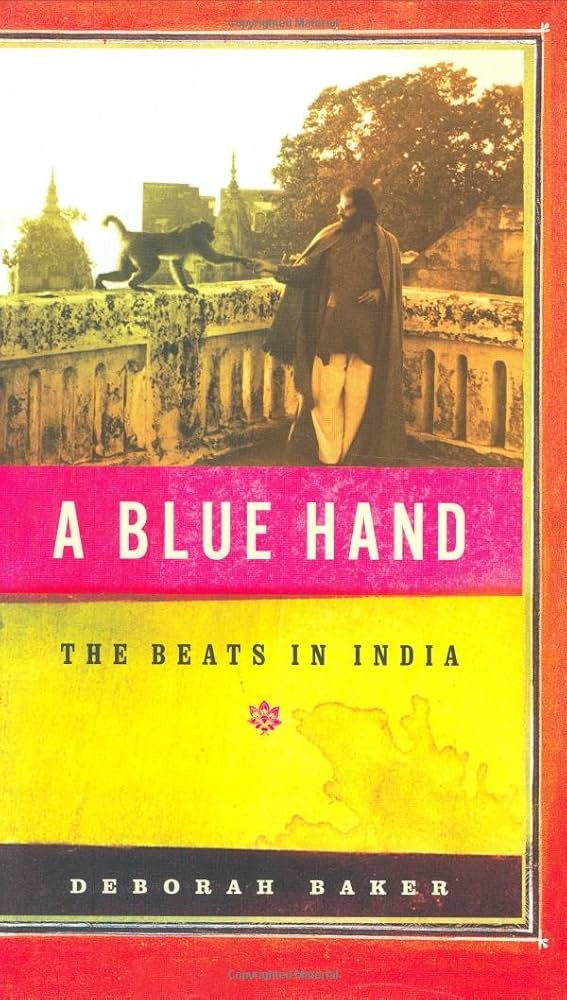
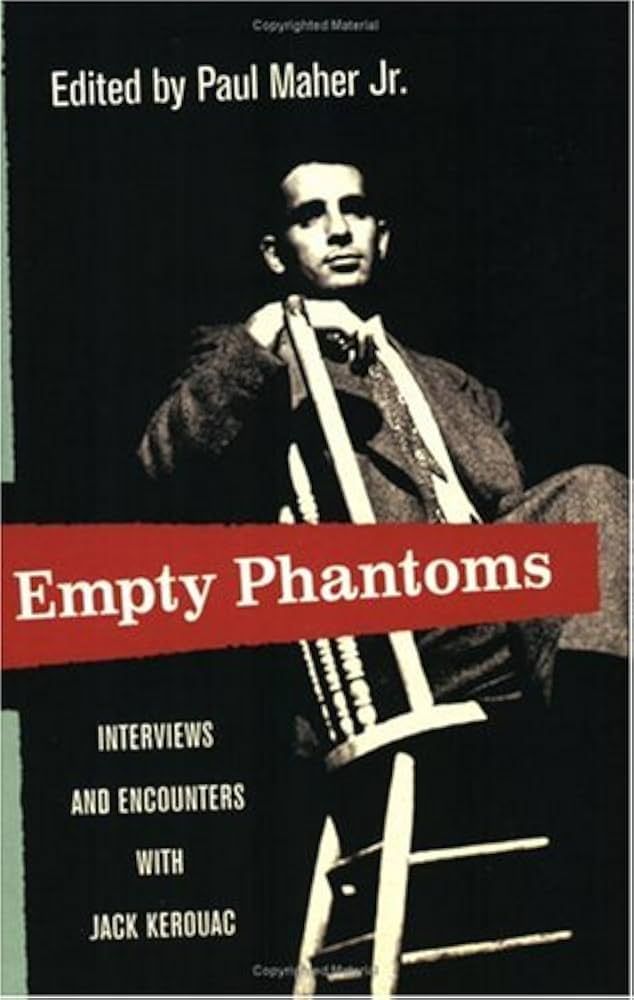

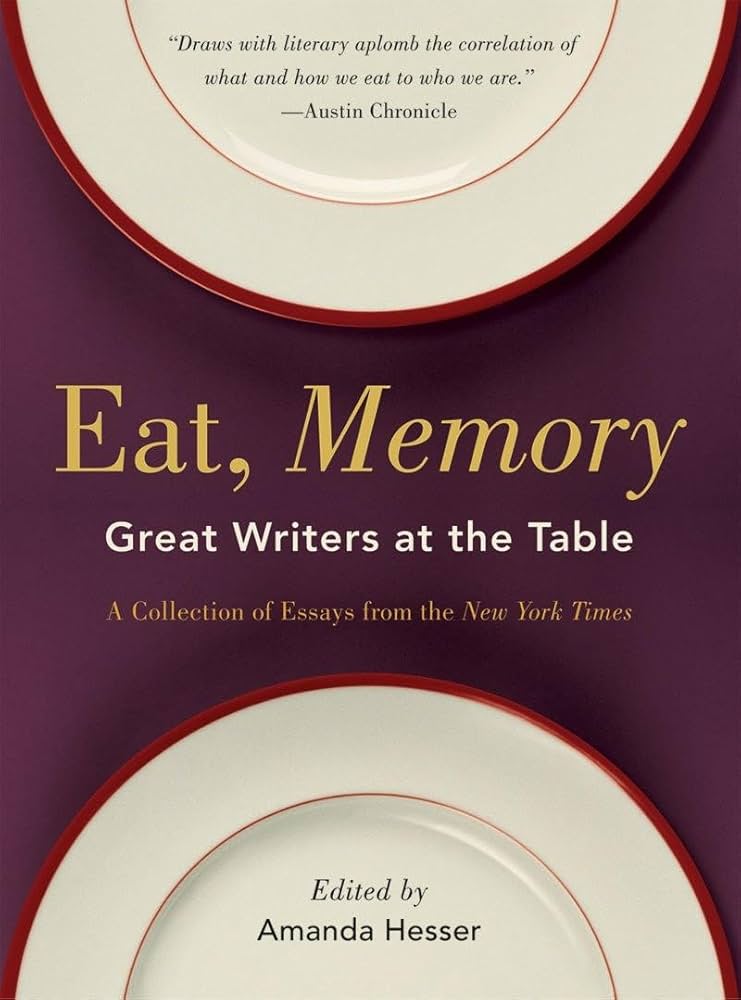


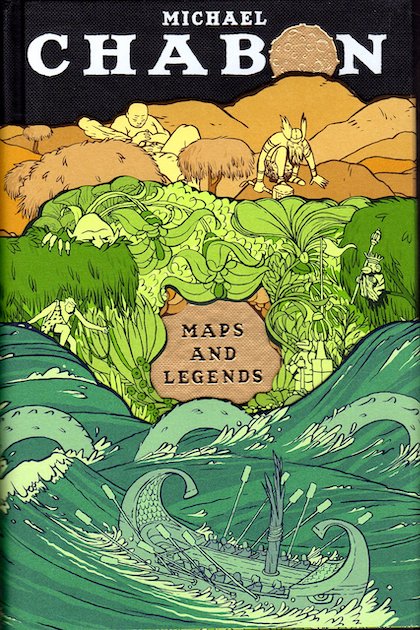
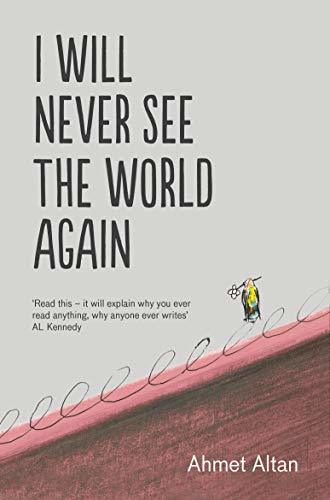
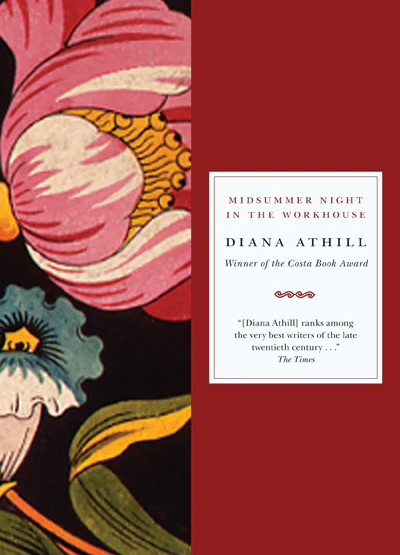
















.jpg)






